Is your child getting ready to start big school this September? While there is absolutely no expectation that a child should know phonics before they start school, familiarizing yourself and your child with the concepts is sure to set you and them off to a running start once they hit the ground at the end of August. Of course the last thing you want to do is pile on any pressure – but Anne Kurian, Foundation Stage Teacher in the Curious Cubs Early Years stage at The English College, has some fun, easy and engaging ways in which you can bond with your child over the summer holiday, while also helping them learning phonics basics through play. Here are her tips…
Phonics – How to Power Up Learning with Fun
by Anne Kurian, Teacher, Foundation Stage, The English College Dubai
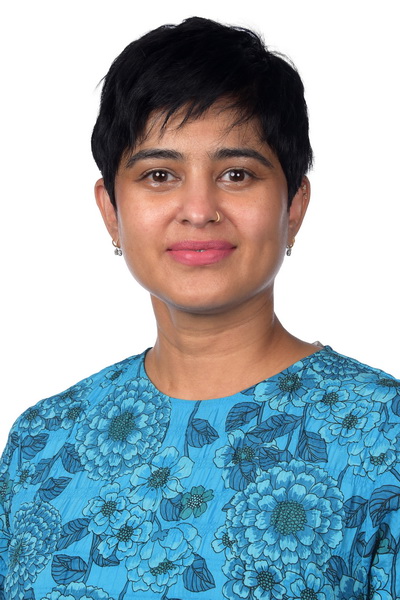
Anne Kurian, FS teacher at The English College
What are Phonics?
Phonics are defined by the UK’s National Literary Trust as:
“…a way of teaching children how to read and write. It helps children hear, identify and use different sounds that distinguish one word from another in the English language.
“Written language can be compared to a code, so knowing the sounds of individual letters and how those letters sound when they’re combined will help children decode words as they read.
“Understanding phonics will also help children know which letters to use when they are writing words.
“Phonics involves matching the sounds of spoken English with individual letters or groups of letters. For example, the sound k can be spelled as c, k, ck or ch.
“Teaching children to blend the sounds of letters together helps them decode unfamiliar or unknown words by sounding them out. For example, when a child is taught the sounds for the letters t, p, a and s, they can start to build up the words: “tap”, “taps”, “pat”, “pats” and “sat”.”
At The English College Dubai, Phonics play a vital role in teaching the gifts of reading and writing, but we know that they can appear complex, difficult and a completely different language for parents and professionals. Different schools follow different schemes and the array of terminology can seem like a foreign language.
In this article I highlight some of the fun games you can play with your child that will build and enhance their phonological skill set, whilst preparing them for the next stage of learning at school.
Phase 1
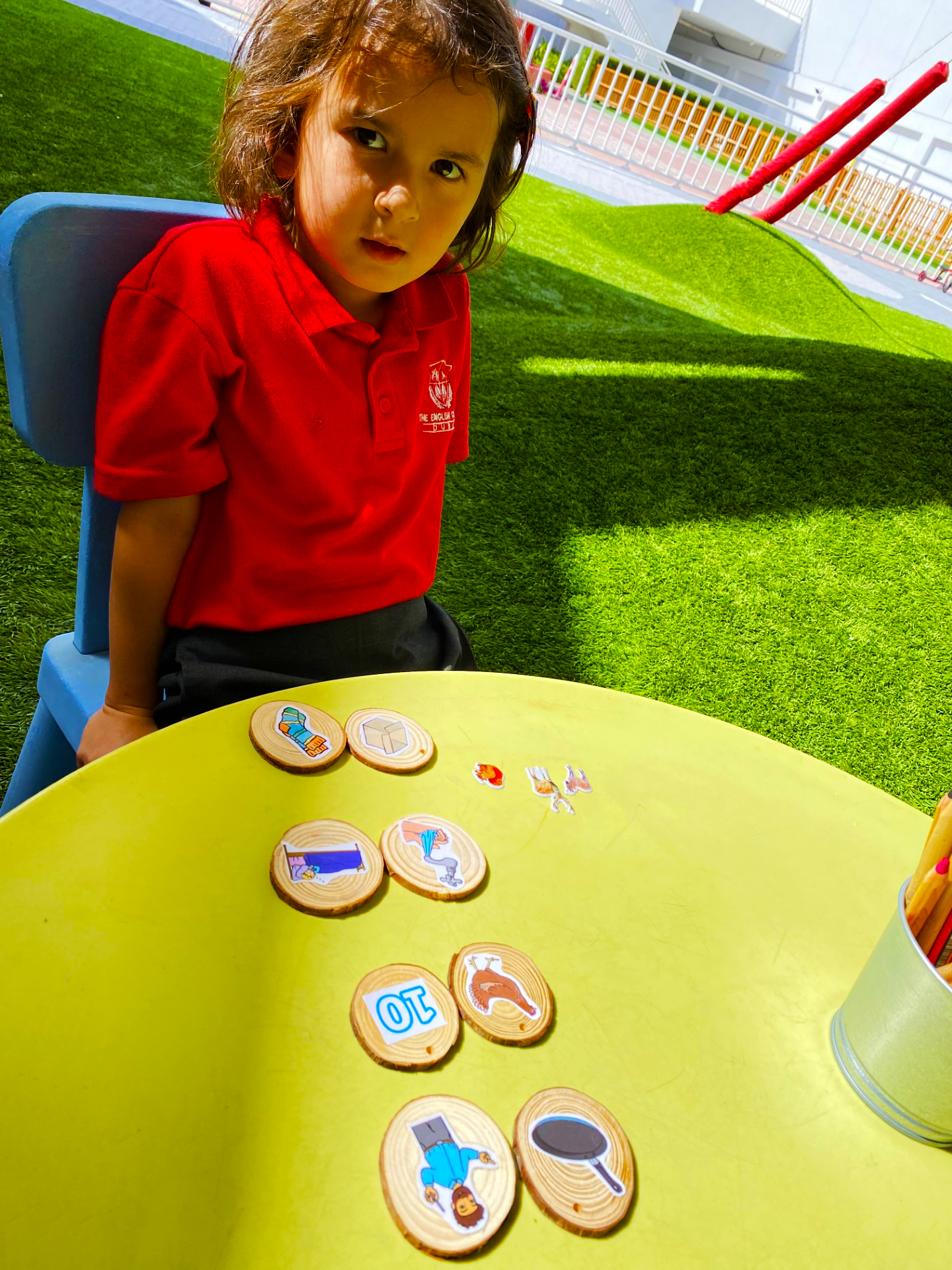
An FS The English College Dubai ‘little one’ learning phonics using inspirational pictures of objects, activities and numbers attached to natural wooden materials and playing games using phonics to read them and verbalise.
Phonics traditionally starts with what is termed ‘phase 1’. This phase focuses on children’s listening skills. It typically involves ‘listening’ walks, playing and identifying instruments, action songs, learning rhymes and playing games like ‘I spy’, silly soup and generally playing around with words. This phase is vital and is intended to develop children’s listening, vocabulary and speaking skills. It is also paramount before moving to phase 2.
Play silly soup
Silly soup is a rhyming game, figuratively or physically rhyming words are put into a bowl and ‘stirred’, while stirring the following song is sung to the tune of ‘pop goes the weasel’. ‘We are making silly soup, we’re making soup that’s silly. We’re going to put it in the fridge to make it nice and chilly’ one person then chooses a word and others have to think of a word that rhymes – with our youngest children this works best with simple short words – what we often refer to as CVC words (consonant, vowel, consonant) eg Cat, Bat, Mat.
Use sounds not letter names
When playing games with younger children it is essential to use phonemes (letter sounds) rather than graphemes (letter names). For example if playing ‘I spy’ – I spy with my little eye something beginning with b’ and say the sound rather than the alphabet name. Please also try when using phonemes to not add an ‘uh’ sound on the end eg. b’uh, d’uh, this will help your child when they come to read.
Sound out your instructions
Another way to encourage your child to hear sounds in words is to sound words out in instructions – ‘please get your sh-oo-s’, ‘I like ch-ee-z.’ Even when your child can read fluently playing games like I spy and sounding out words can support their phonological awareness of sounds in words.
There are an array of resources available but please be careful not to overcomplicate or push children too fast – a secure embedding of phase one is vital in early years.
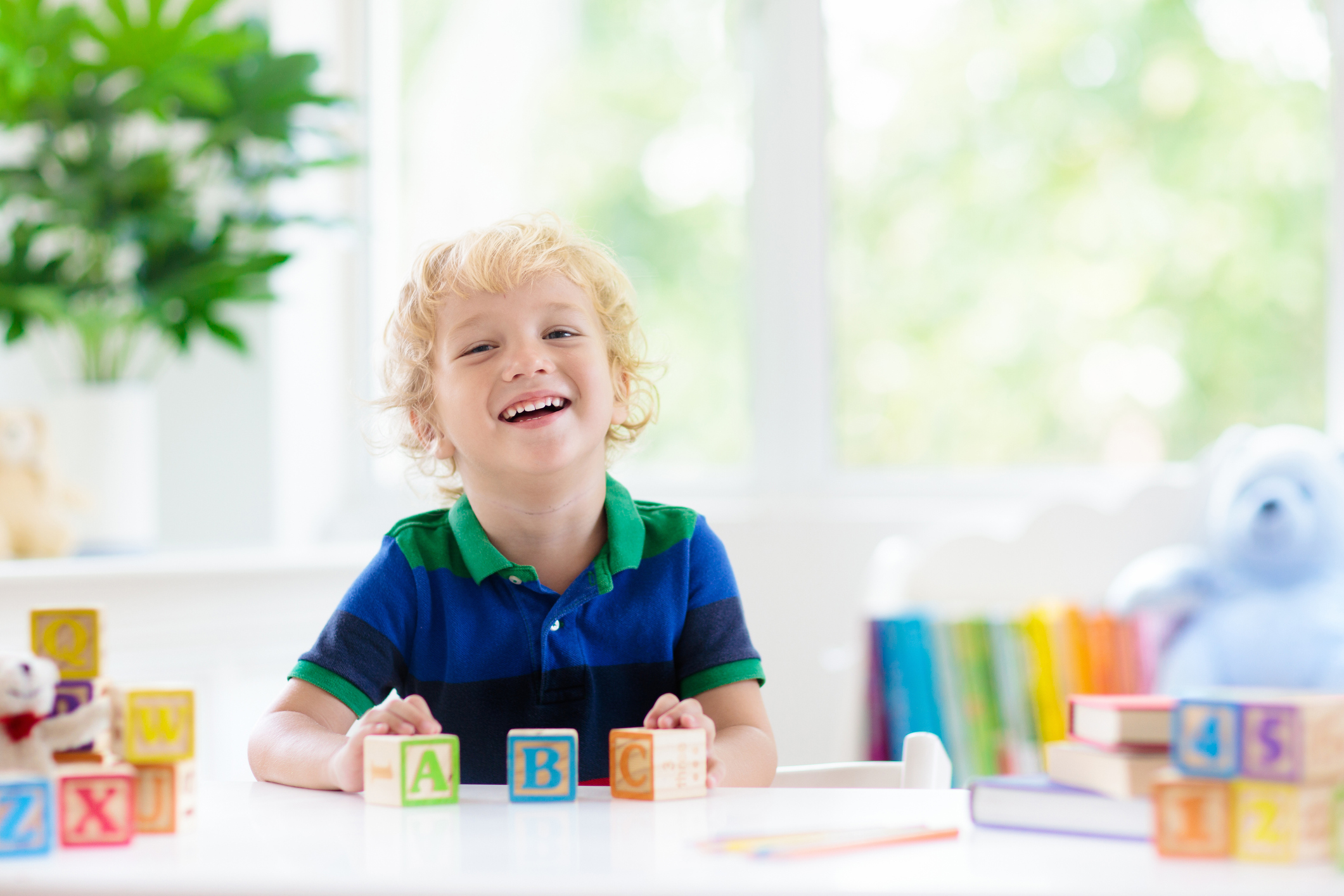
Learning at this age should be fun and a natural part of play
Phase 2
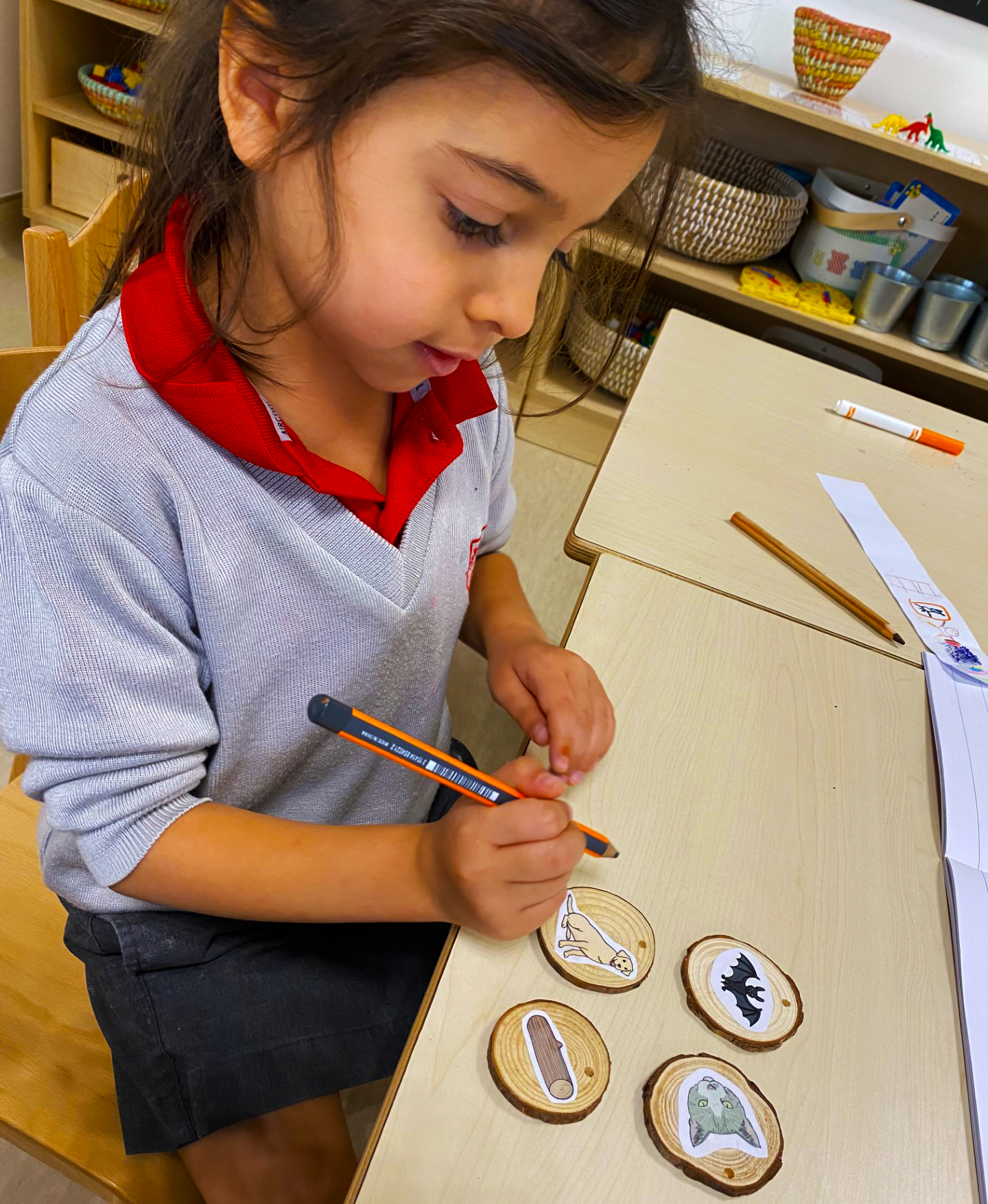
Making Phonics materials is a brilliant way to engage with children so that the learning is both fun and works on developing fine motor skills and creativity.
Phase 2 and above is when children learn the sounds that letters make visually, recognising that the letter b makes the ‘b’ sound and being able to segment (break down the word into sounds) b-i-g and blend them together to read the work b-i-g, big.
Read together every day
The games outlined for Phase 1 above will further support and consolidate but additionally reading for 10 minutes a day can make a big difference at this stage. Did you know If you read just one book per day to a child from birth, they will have enjoyed over a thousand books by the time they are 3 years old?
Highlight the sounds in your everyday life
Highlight links between letters and sounds and the words and activities that you do every day. Encouraging children to read signs when out and about and playing hangman will consolidate and expand their learning further.
Role model reading
As with everything children love to copy and imitate. If you want your child to be an amazing reader are you modelling or showing them how often you read? Shared family reading time where the whole family reads for just ten minutes at a certain time of day can support that, or a family game of hangman is always fun.
Learning should be fun and enjoyable – hopefully you can have some family fun with phonics this summer!
Further information
You can read our review of The English Collage Dubai here.
You can visit the official web site for The English College Dubai here.
You can learn about the Literacy Trust here.
© SchoolsCompared.com. A WhichMedia Group publication. 2023 – 2024. All rights reserved.















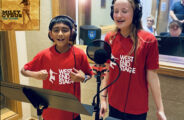






























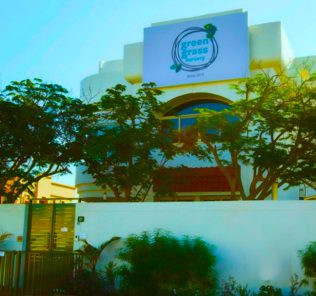



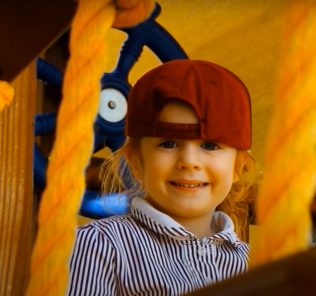
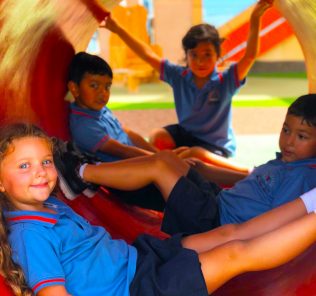



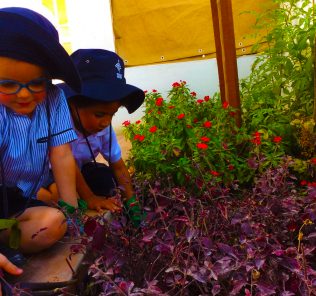
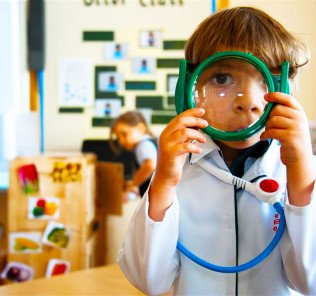
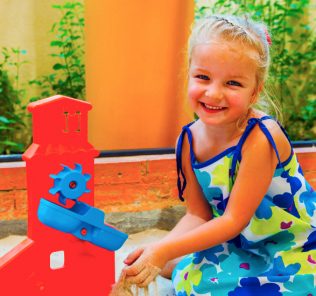















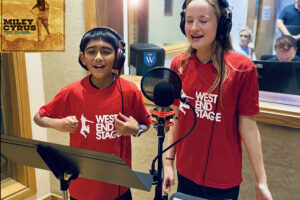

Leave a Response